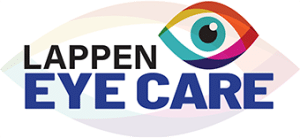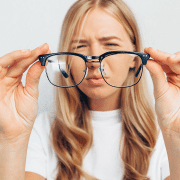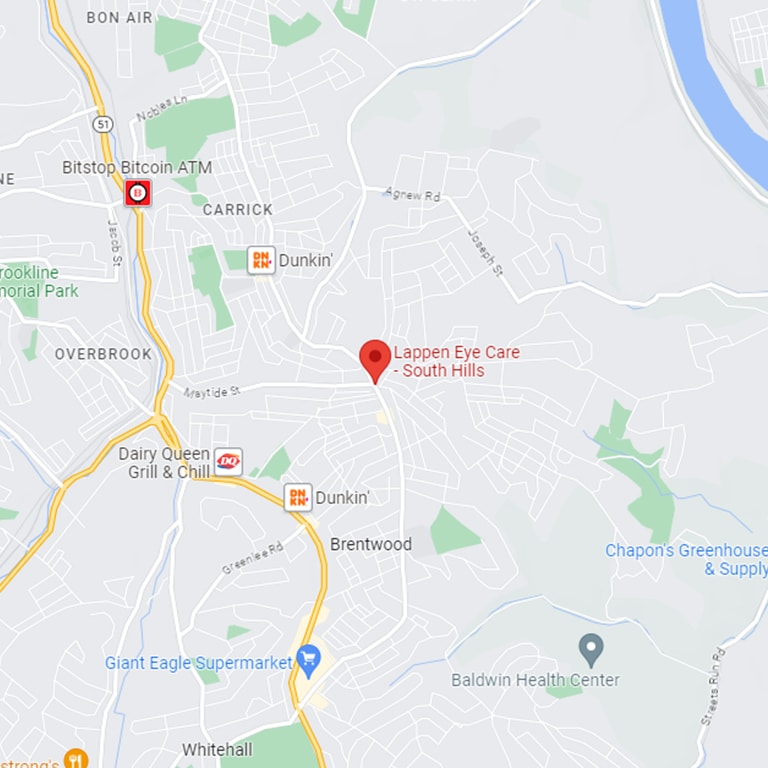The Surprising Link Between Headaches and Your Vision
If you’re a person who can’t bear to think of running out of aspirin, or someone who keeps a steady supply of Tylenol on the nightstand, you should know that the pain you’re having up top might be related to your eyes. Whether caused by uncorrected refractive errors, eye strain, or underlying eye conditions, vision-related headaches can be disruptive and persistent.
Eye Strain and Muscle Fatigue
Your optometrist in Pittsburgh, PA wants you to know that, even though you’re blissfully unaware of it, your eyes are constantly working to focus, adjust to light and track movement. Imagine having to use your arm muscle to hold your arm over your head 24/7. It’s like that. Now, when the eyes have to work harder than normal—such as when reading small text, using digital screens or driving for long periods—eye muscles can become fatigued, just as your arm would if you actually tried that experiment. This strain often leads to tension headaches, especially around the forehead and temples.
Uncorrected Vision Problems
Nearsightedness, farsightedness and astigmatism force the eyes to overcompensate, which can trigger headaches, unless you get corrective eyewear. If you’re overdue for an eye exam, you could be unknowingly straining your vision throughout the day.
Light Sensitivity and Migraine Triggers
Bright lights, glare, and even prolonged exposure to artificial lighting can contribute to headaches. Some people experience photophobia, a heightened sensitivity to light, which can worsen migraines or tension headaches. Specialized lenses or adjustments to lighting conditions may help reduce these triggers.
If headaches are frequent and seem to worsen after reading, using screens, or focusing for long periods, an eye exam in Pittsburgh, PA may be the key to finding relief. A comprehensive evaluation can identify vision issues that may be contributing to headaches and help determine whether corrective lenses, vision therapy, or other adjustments are needed. Addressing vision-related headaches can lead to clearer sight and improved daily comfort. Contact us today to book your appointment!










